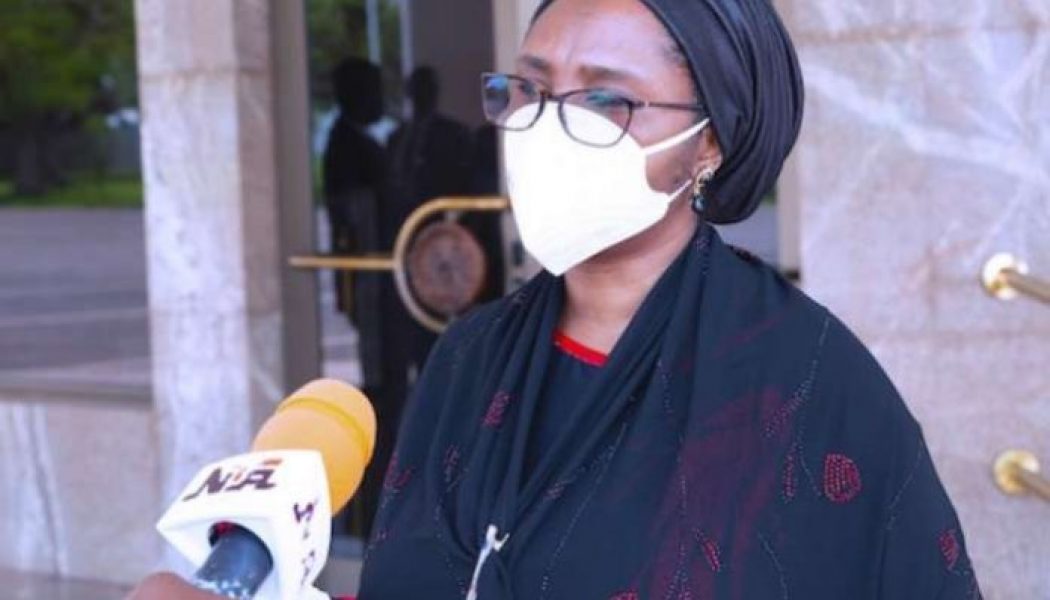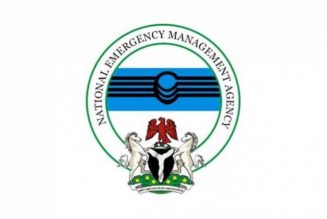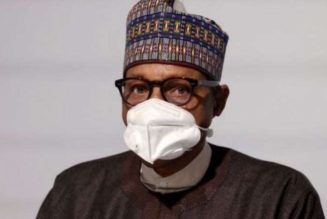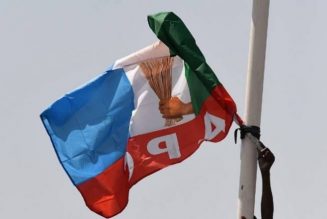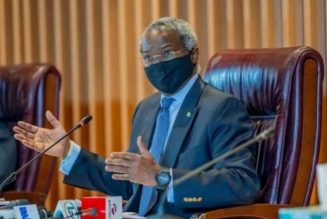
The Senate committee on finance has invited the Minister of Finance, Zainab Ahmed, over the funding status of three federal government legacy road projects estimated to cost N2.7 trillion.
Also to appear before the panel are the Minister of Works and Housing, Babatunde Fashola, Accountant General of the Federation, Ahmed Idris, and the Managing Director of the Nigeria Sovereign Investment Authority (NSIA), Uche Orji.
The chairman of the panel, Solomon Olamilekan, gave the directive during an interactive session with the NSIA boss on Tuesday.
The legacy projects are the Abuja-Kano road, Lagos-Ibadan expressway and the Second Niger Bridge. They are funded and implemented through a tripartite agreement between the ministries of finance, works and the NSIA.
Orji, who was invited for the same reason, told the lawmakers that the federal government established the Presidential Infrastructure Development Fund (PIDF) in February 2018, to accelerate the execution of “certain critical, strategic infrastructure projects essential to the rapid growth and modernization of the nation’s economy.”
He said that the PIDF is being managed by the NSIA to develop the Lagos-Ibadan Expressway, Second Niger Bridge Project, Abuja-Kaduna-Zaria-Kano road, Mambilla Hydro-Power Project and the East West Road. He said the total cost of the projects is estimated to be N2.7 trillion.
Sources of funds for the projects included federal government’s initial seed funding of $650 million transferred to PIDF in 2018; N90 billion transferred by the Ministry of Finance to PIDF in 2019 and $311 million recovered funds transferred to the PIDF in 2020, he explained.
“The NSIA is to provide $300 million, China Exim N1.423 billion, second seed funding $650 million and other sources (local and international financial institutions), $770 million. We have so far expended the sum of N231.8 billion on the three projects as follows: Lagos-Ibadan (N60.9 billion), 2nd Niger Bridge (N100.6 billion) and the Abuja-Kano road (N70.1 billon).
“The PIDF is being utilised in the construction of the Lagos-Ibadan Expressway, Second Niger Bridge project and the Abuja-Kano Road. And the construction contracts were executed between the Federal Ministry of Works and Housing (FMWH) and the contractors before they were transferred to the PIDF – therefore, all information and documentation relating to the projects prior the handover should be sought from the FMWH.”
He also said the legacy debts of the three projects “are the responsibility of the FMWH”.
Giving the current status of funds, Orji noted that the PIDF balance as of June 2020 stood at N181.4 billion.
This balance, he said, incorporates recovered assets of $311 million.
“We estimate these funds to be depleted by the beginning of quarter three of 2021.
“Under the PIDF mandate, NSIA is to receive two transfers of $650million. Thus far, NSIA received one of the transfers. Once the funding in Q3 2021 is expended, NSIA will either need the additional transfer or raise funding from other sources,” he said.
The lawmakers, however, disagreed and sought to know why he claimed that the projects are being managed by the NSIA but yet refused to inherit the assets and liabilities of the projects.
Olamilekan noted that some issues, particularly funding of the road projects and cost variation require explanation.
“On the issue of funding, by virtue of the information at my disposal and by what the finance minister made me to understand, is that you are playing critical roles by providing funds for the legacy projects.
“As of today, two years down the line, only $300 million is in the books as having been spent on the projects, this gives cause for concern. We believe that funding is critical to these projects. If the funding is not there, there is no way we can achieve those time frames that you have set out for the completion of the projects.”
In his response, the NSIA boss told the panel that the requested information should be sought from the highlighted ministries particularly “because the questions are largely from situations that occurred before he assumed office”.
“Every day we argue out the issue of variation because any slight change affects my budget because I have a number that I’m working towards. Any change in the scope of work is a problem to us.
“I can’t answer some of the questions that border on variation and events that took place before I took over. We need to sit down with the active players in the historical contracts award preceding our entrance.”
The panel thereafter, directed that the invited parties appear before the committee alongside Orji in two weeks’ time to explain the status of funding for the projects and the issue of legacy debts.
“On that note, we would be bringing on board the minister of finance, the minister of works and housing, the Managing Director of the NSIA, the Accountant General of the Federation, and the contractors, who should be invited by the minister of works.
“I know there are variations already but we want to know the value and the scope of works that the variation covers; we want to know it because we don’t have it. That is why we want to know the actual value for the Lagos-Ibadan expressway, for the Abuja-Kaduna-Kano and for the Second Niger bridge,” Olamilekan said.
